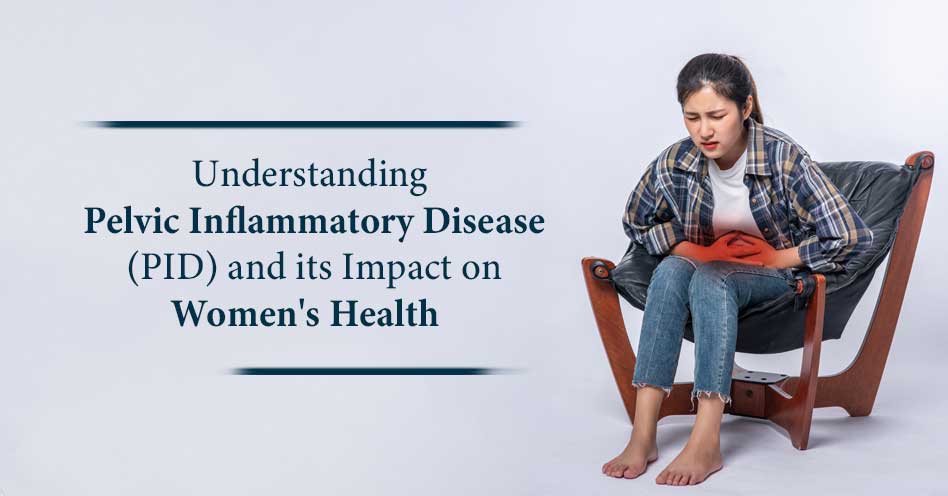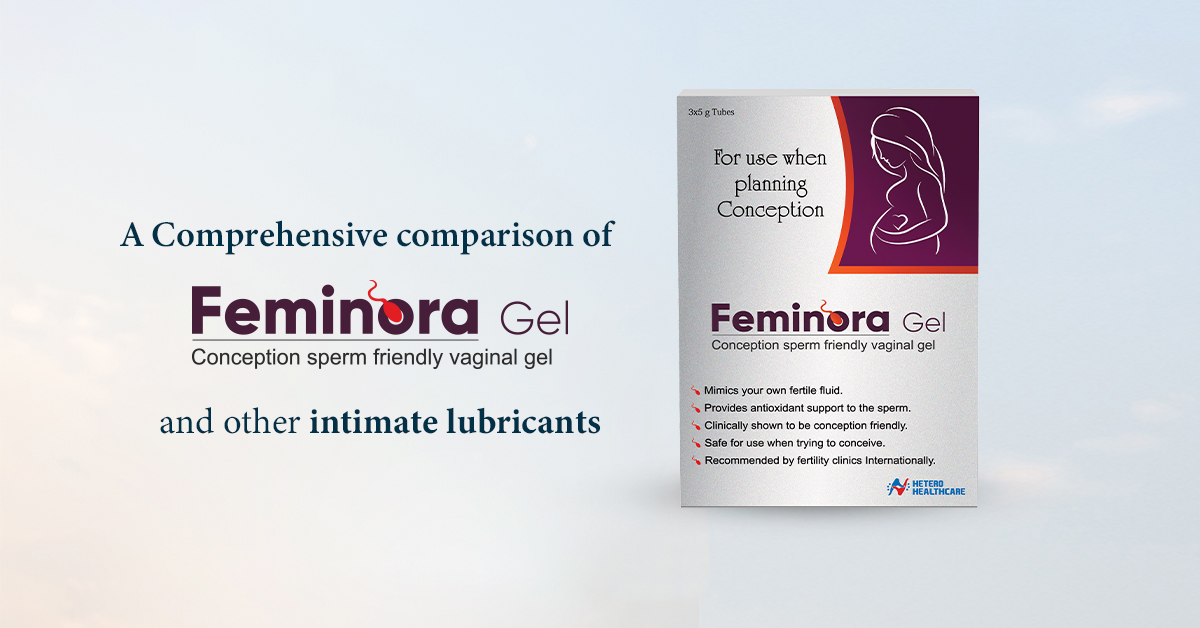The Hidden Threat: Exploring the Impact of Pelvic Inflammatory Disease in Women
Published on - 30 May 2023

Pelvic Inflammatory Disease (PID) is a common and severe infection that affects millions of women worldwide. This condition occurs when bacteria ascend from the vagina or cervix into the upper reproductive organs, such as the uterus, fallopian tubes, and ovaries. If left untreated, PID can lead to significant health complications and profoundly impact women's lives. This article will explore PID, its causes, symptoms, diagnosis, and treatment, and how it affects women's reproductive health.
What is Pelvic Inflammatory disease?
PID refers to an infection that affects the female reproductive system. It typically occurs when sexually transmitted bacteria, such as Chlamydia or gonorrhoea, enter the vagina and travel upwards into the uterus, fallopian tubes, and ovaries. However, PID can also be caused by other bacteria that are not sexually transmitted.
Sexually Transmitted Infections (STIs) are the primary cause of PID. Chlamydia and gonorrhoea are the most common culprits, responsible for approximately 75% of PID cases. These bacteria are usually acquired through unprotected sexual intercourse with an infected partner. It's important to note that PID can also develop without a STI. Bacteria from the vagina or cervix can enter the reproductive organs during childbirth, miscarriage, abortion, or specific medical procedures, leading to PID.
“Approximately 10% to 15% of women with endocervical N. gonorrhoeae or C. trachomatis will go on to develop PID”
According to a scientific literature from National Library of Medicine written by
What are the symptoms of PID in Women?
PID often presents mild or nonspecific symptoms, making diagnosing it challenging. Some common symptoms include:
- Lower abdominal pain or pelvic discomfort
- Unusual vaginal discharge with an unpleasant odour
- Painful intercourse
- Irregular or heavy menstrual bleeding
- Fever and chills
- Fatigue or general malaise
- Painful or frequent urination
It's crucial to seek medical attention promptly if you experience any of these symptoms, as untreated PID can lead to severe complications.
What are the effects of PID on Women's Health?
PID can have various consequences on women's reproductive health in the short and long term. Immediate complications of PID include:
- Abscesses: The infection can cause the formation of pus-filled pockets in the reproductive organs, leading to severe pain and the risk of rupture.
- Ectopic pregnancy: PID increases the chances of a fertilized egg implanting outside the uterus, often in the fallopian tubes. Ectopic pregnancies can be life-threatening if not promptly detected and managed.
- Infertility: PID is a leading cause of infertility in women. The inflammation and scarring caused by the infection can obstruct the fallopian tubes, preventing the eggs from reaching the uterus or impairing the sperm's ability to fertilize the eggs.
- Chronic pelvic pain: Some women may experience persistent pain after treating the infection. This pain can significantly impact their quality of life.
How to diagnosis and treat PID?
To diagnose PID, gynecologists may perform a combination of physical examinations, laboratory tests, and imaging studies. They will assess your symptoms, conduct a pelvic exam, and may recommend tests to identify the presence of infection and determine its severity.
Prompt treatment of PID is essential to prevent complications. Typically, your gynaecologist may prescribe an appropriate course of treatment to eliminate the infection.
Prevention is Key. Preventing PID is crucial for maintaining women's reproductive health. Here are some preventive measures:
- Practice safe sex: Use barrier methods, such as condoms, during sexual intercourse to reduce the risk of STIs.
- Get STI screenings: Regular screenings for STIs can help detect and treat infections before progressing to PID. If you're sexually active, you must undergo regular testing for STIs, especially if you have multiple partners or engage in unprotected sex.
- Practice good hygiene: Maintaining good hygiene in the genital area can help prevent the spread of bacteria. Always wipe from front to back after using the toilet to avoid introducing bacteria from the rectum into the vagina.
- Limit the number of sexual partners: Having multiple sexual partners increases the risk of contracting STIs, leading to PID. Limiting the number of sexual partners and practising monogamy can reduce your risk.
- Communicate with your partner: Open and honest communication with your sexual partner about STIs, testing, and sexual history is crucial. It allows for informed decisions regarding safe sex practices and can help prevent the transmission of infections.
Pelvic Inflammatory Disease (PID) is a severe infection that affects women's reproductive health. It can lead to complications, including abscesses, infertility, ectopic pregnancy, and chronic pelvic pain. Early diagnosis and treatment are vital to prevent long-term consequences. By practicing safe sex, getting regular STI screenings, and maintaining good hygiene, women can reduce their risk of developing PID. It's essential to prioritize your reproductive health, seek medical attention if you experience any symptoms of PID, and communicate openly with your gynaecologist and sexual partner. Knowledge and prevention are vital in protecting yourself and maintaining optimal reproductive health.
FAS 3 Kit-an accurate diagnosis and appropriate treatment of PID From Hetero Healthcare
Hetero Healthcare has a three-dimensional, Fast Assured Solution – FAS 3 Kit for treating PID. It is an antiprotozoal, antibacterial, antifungal combination and effective treatment.
The 3-in-1 treatment is composed of the following ingredients:
Fluconazole1 is the first-line therapeutic choice in vaginal candidiasis and endorsed single-dose efficacy that eliminates rectal infections and reduces recurrence.
Azithromycin2,3 is recommended for Chlamydia infection and provides 1gm single dose effectiveness for Chlamydia. It has a 100% cure rate.
Secnidazole4 treats bacterial vaginosis in females aged 12 and above. It has outstanding clinical cures in 140 patients. The drug was well tolerated and had a 97% cure rate.
FAS–3 kit is a three-dimensional approach and a trusted companion in PID and partner management.
References:
- Am Fam Physician. 1996 15;54(4): 1337-40, 1345-46
- WHO Guideline 2016
- Pathol Biol (Paris) 1995;43(6):542-6
- Drugs. 1996;51(4):621-38











